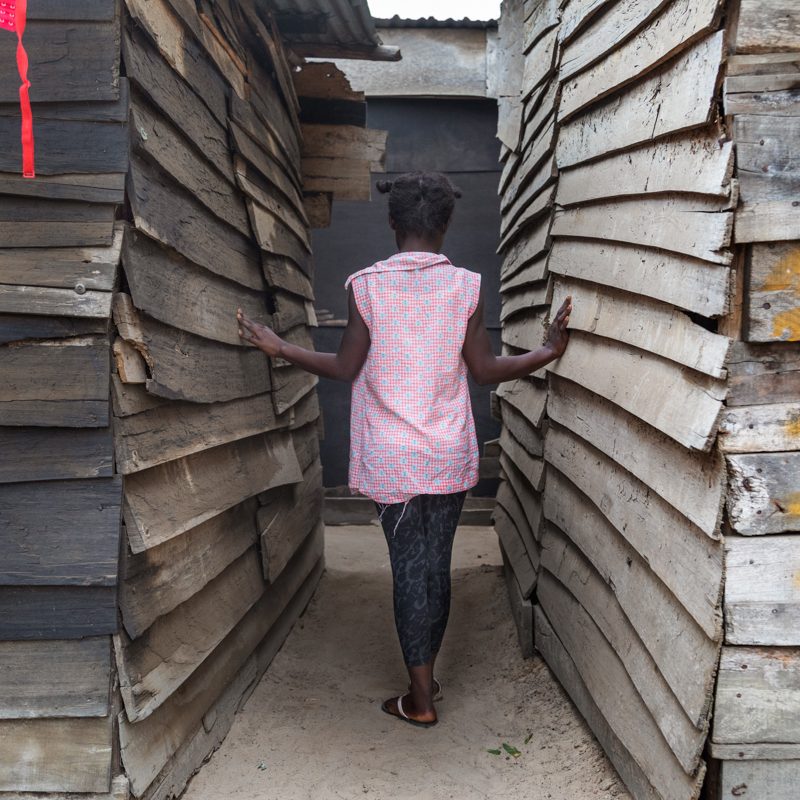In Africa, almost 50 per cent of women, one in two, have experienced sexual and gender-based violence at some stage in their lives. According to a Unicef report, “76 per cent of women between the ages of 15 and 49 consider it normal for a man to beat his wife if she disputes his orders or refuses to have sexual relation with him”.
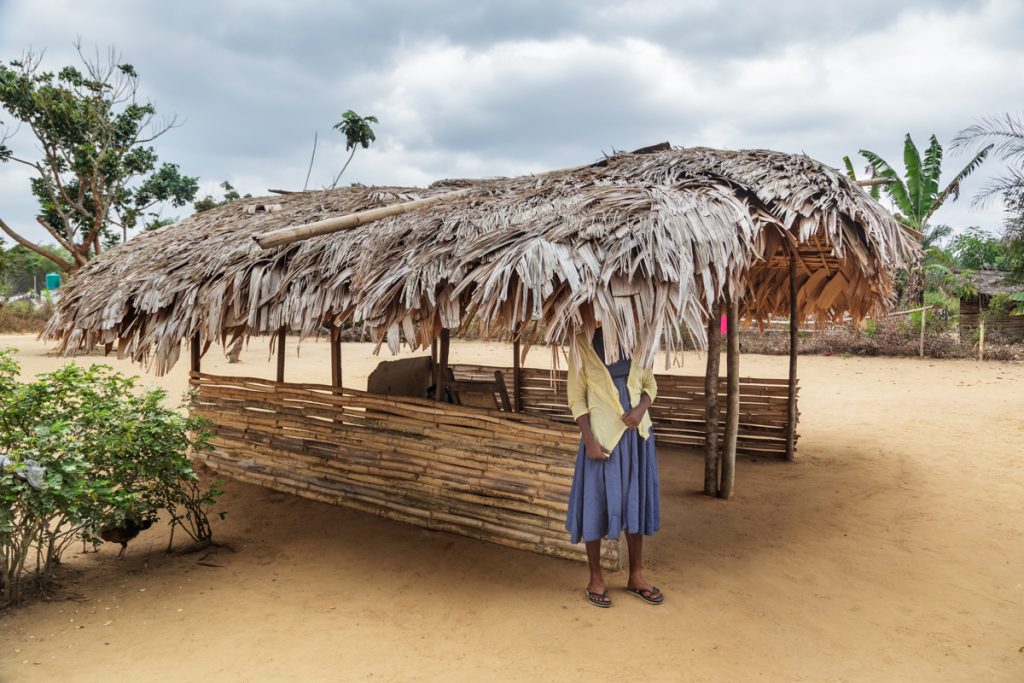
Some of these women were met by the photographer Andrea Signori in Pointe-Noire, Republic of the Congo, where the European Union and AVSI have implemented the project “Kutelema Na Kuniokuama Ya Ba Kento - Levons-nous contre la maltraitance des femmes”. With the aim of promoting the protection and emancipation of women, guaranteeing assistance to victims and raising awareness among the population on the issue of gender-based violence.
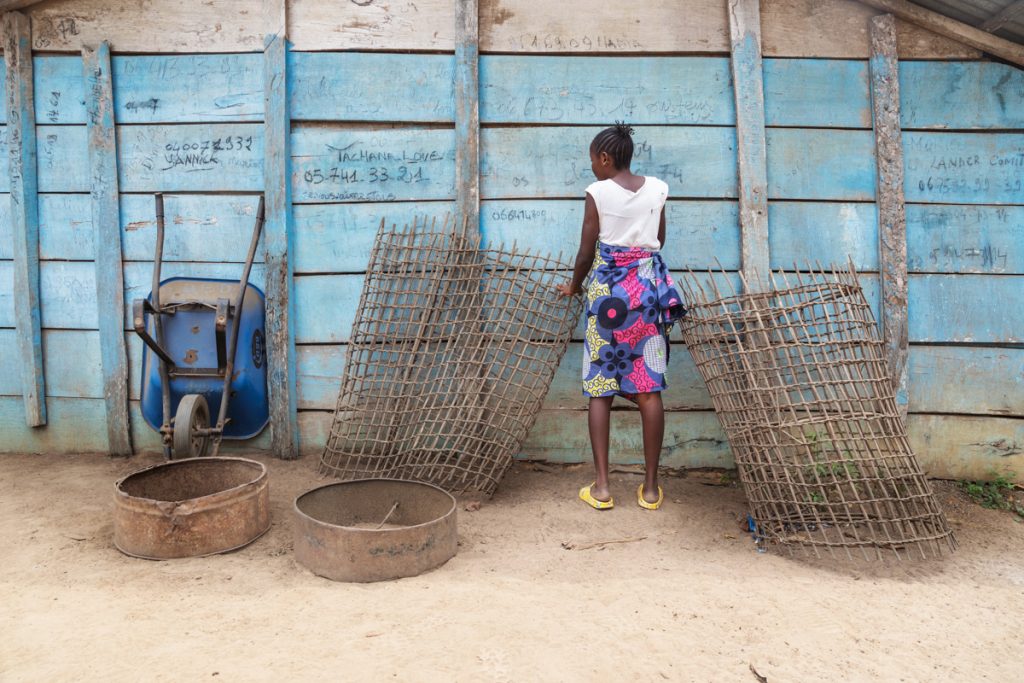
As Andrea Signori recounts, violence against women in the Republic of the Congo takes many forms: physical, verbal and sexual, harassment of widows deemed guilty of the death of their husbands and subjected to punitive rituals up to and including removal from the family, forms of racism against part of the population, as in the case of the natives, better known as pygmies.
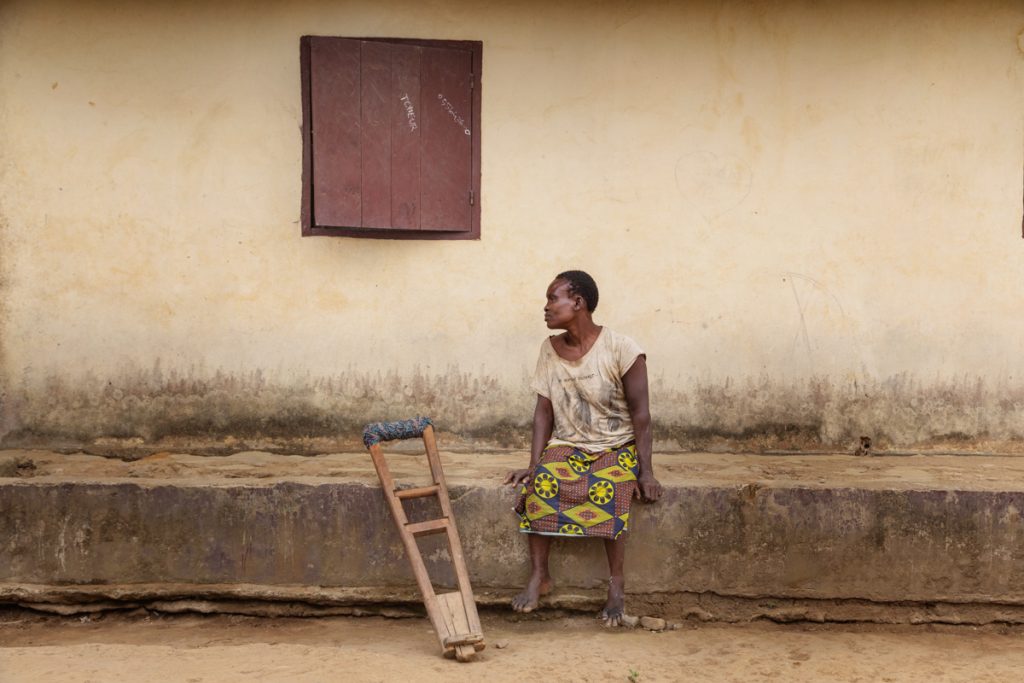
During the meetings with the victims, AVSI workers try to understand the nature of the violence suffered, then the level of education, employment and any physical ailments, and the condition of the children.
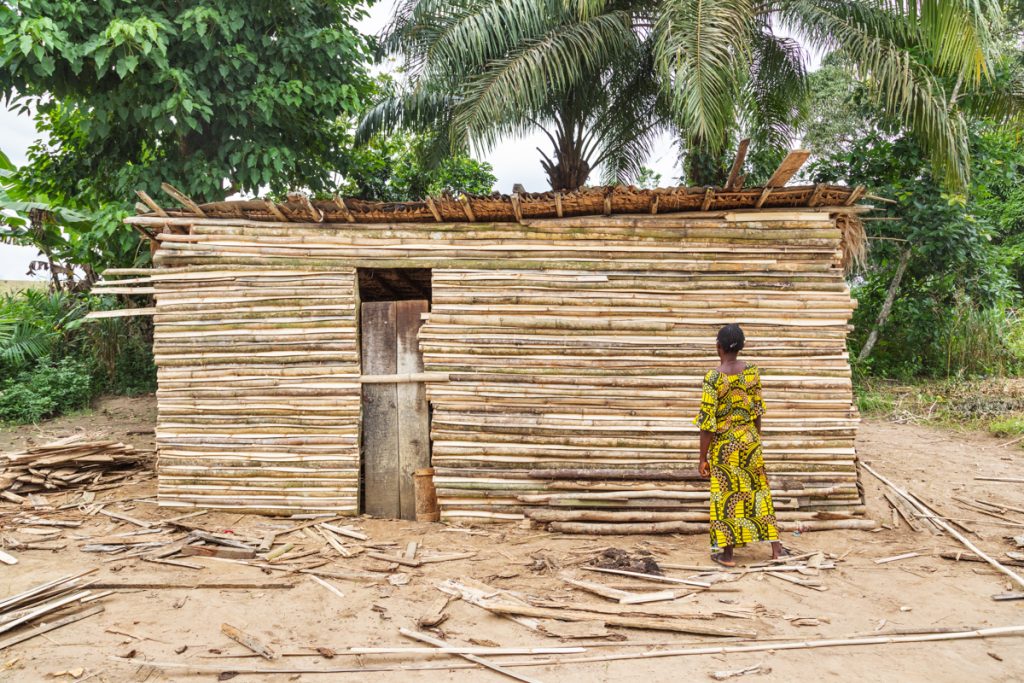
Between one village and another, the stories hardly seem to change shape: sexual abuse of minors, violence inflicted on women with physical disabilities, the acts of violence caused by alcohol, threats with knives, racial discrimination and the harassment of widows, who are forced to shave their hair and chain up their husbands' bodies for days, only to be left on the streets without a home, money or dignity.
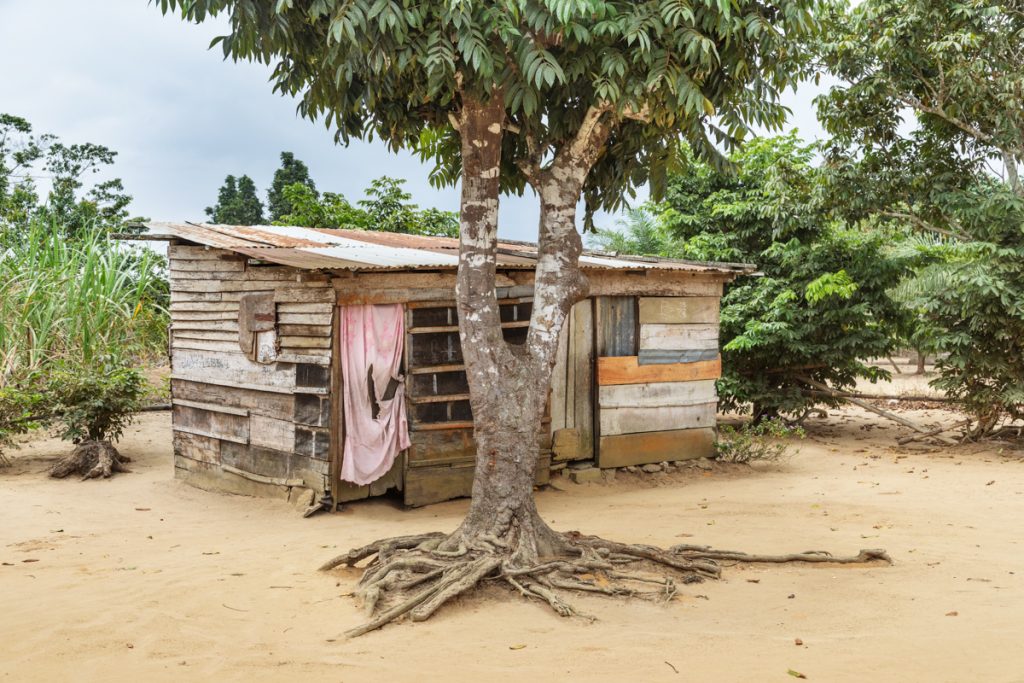
These are just some of the countless cases that lurk within the walls of the home and which AVSI deals with.
AVSI and the European Union in defence of women in the Republic of the Congo
AVSI's project in the Republic of the Congo against gender-based violence has given 450 women survivors of violence access to medical, psychosocial and legal care in cooperation with health centres and local partners (Tayuwana Association and Reflection Group against Gender-based Violence - GRCVBG).
